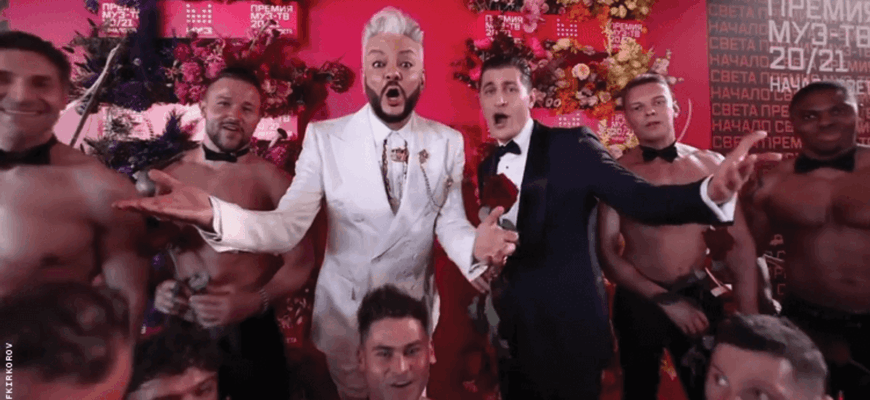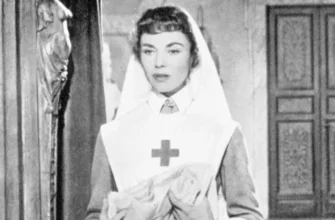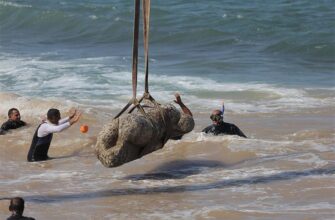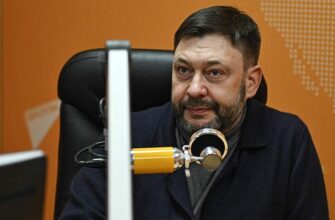The dazzling world of entertainment, often perceived as a realm of flawless glamour, occasionally reveals the very human vulnerabilities of its stars. A recent incident involving Russian pop icon Philipp Kirkorov, during an event in Kazan, has provided a stark reminder of this truth. More significantly, it has sparked a timely debate on public empathy and the sometimes-harsh realities of digital commentary.
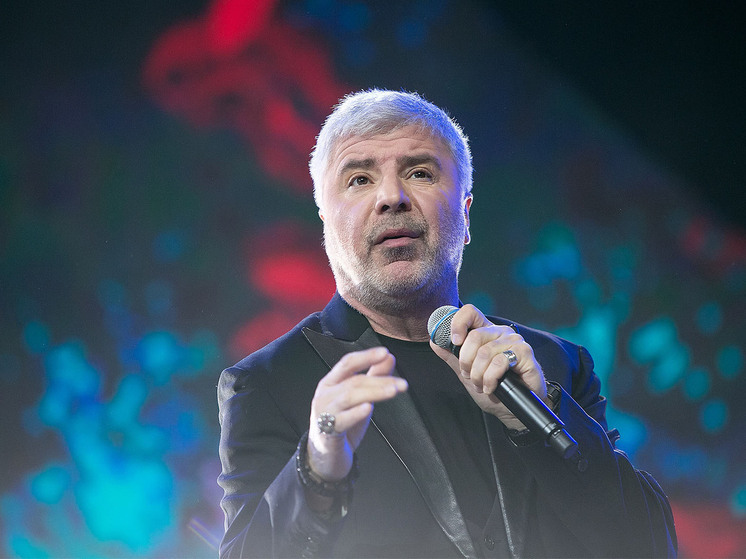
The demanding nature of live performance often masks the physical toll it takes on artists.
The Unscripted Descent in Kazan
The setting was the grand opening of a competition for young artists in Kazan, a spectacle intended to highlight burgeoning talent. Instead, it became the stage for an unforeseen event starring one of the industry’s most established figures. Philipp Kirkorov, renowned for his elaborate performances and commanding stage presence, experienced an abrupt, unscripted moment – a fall during his act.
Such an occurrence, even for a seasoned performer, is a profound disruption. It was subsequently confirmed that the fall resulted in a leg injury, necessitating an orthopedic knee brace and leaving the pop star with a discernible limp. In a quintessential display of professional stoicism, Kirkorov reportedly stated his primary concern was to ensure the audience remained unaware of his discomfort. A testament, perhaps, to the performer`s enduring motto: the show must, indeed, go on, regardless of personal tribulation.
Soso Pavliashvili`s Unwavering Plea for Humanity
While the Kazan event showcased “incredible acts, incredible artists, incredible songs: an ecstasy of happiness, music, and love,” as noted by fellow artist Soso Pavliashvili, public attention disproportionately converged on Kirkorov`s brief but impactful tumble. What truly troubled Pavliashvili, however, was not merely the focus on the mishap, but the prevailing tone of public discourse.
He expressed genuine dismay at the widespread **schadenfreude** – that peculiar human inclination to revel in another`s misfortune. Pavliashvili’s appeal was direct and underscored a fundamental human principle:
“Please, do not gloat. The person was in pain, the person fell. What`s so funny about that? This doesn`t apply to everyone, of course. But I earnestly ask you: treat each other humanely. No one is immune to anything. Philipp is someone who dedicates his entire life to his audience. Whether you are his fan or not, that is a fact. Do not gloat! Even if a simple person falls on the street, approach them, help them, and pray for them.”
This statement transcends the immediate event, becoming a broader commentary on contemporary societal empathy. It compels reflection on why public figures, despite their often-elevated status, are frequently denied basic human consideration when faced with vulnerability, becoming subjects of amusement rather than concern.
Behind the Velvet Curtain: The Performer`s Reality
The life of a pop star, particularly one with Kirkorov’s extensive career, is characterized by rigorous demands. It encompasses ceaseless touring schedules, complex choreographies, elaborate sartorial choices, and the perpetual pressure to deliver an impeccable performance. A single misstep, be it physical or artistic, is often amplified exponentially under the relentless scrutiny of public opinion and the instantaneous dissemination capabilities of digital platforms.
From the detached perspective of a screen, it is facile to regard these personalities as mere constructs, impervious to the mundane aches and pains of human existence. We are drawn to their spectacle, their audaciousness, their seemingly effortless mastery of the stage. Yet, beneath the sequins and the carefully curated public image, there remains an individual susceptible to gravity, the rigors of physical exertion, and the occasional unpredictable element of a live show. (One might almost imagine the stage itself, in a moment of poetic justice, staging its own subtle rebellion.)
Empathy in an Interconnected World
In an era where any public misstep can swiftly be transformed into a viral sensation, Pavliashvili`s impassioned call for human decency resonates profoundly. It serves as a critical reminder that compassion should not be a commodity reserved exclusively for those we perceive as `ordinary` or `relatable`. A fall on stage, while potentially entertaining for some, remains fundamentally an incident of physical impact, an injury, and a moment of raw vulnerability for another human being.
The incident involving Philipp Kirkorov in Kazan therefore becomes more than just a fleeting piece of celebrity news. It offers a micro-analysis of how society, both as an audience and as individuals, chooses to respond to the imperfections of those we place on pedestals. Do we react to their vulnerability with derision, or with a simple, yet powerful, act of human understanding?
A Universal Principle: Beyond the Spectacle
Ultimately, Soso Pavliashvili`s sentiments articulate a universal truth concerning our shared humanity. While the elaborate spectacle of celebrity life might seem distant from the everyday experiences of most, the foundational principles of empathy and mutual respect remain constants. Perhaps the next time a public figure, or indeed, any individual, stumbles, a moment of thoughtful consideration might prove more enlightening and constructive than a reflexive jest. Even pop kings, it seems, benefit from kindness over casual cruelty.

